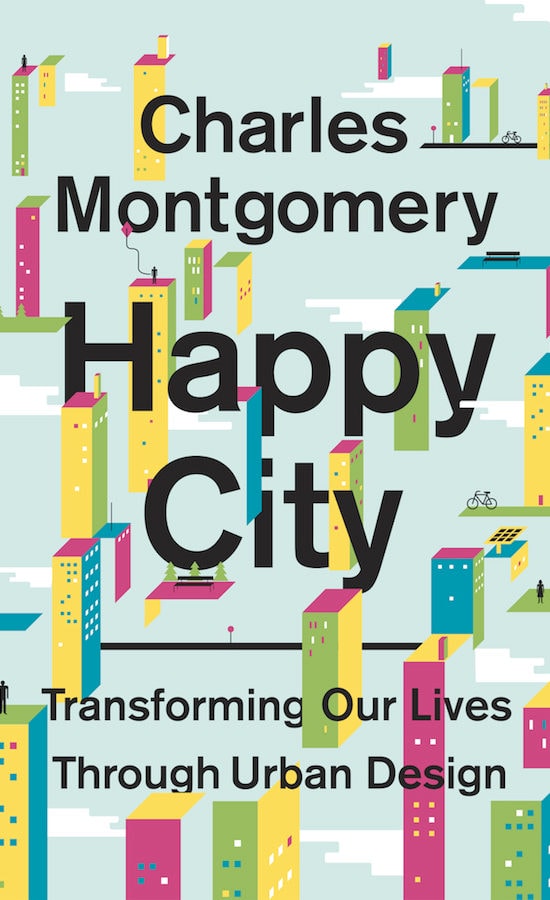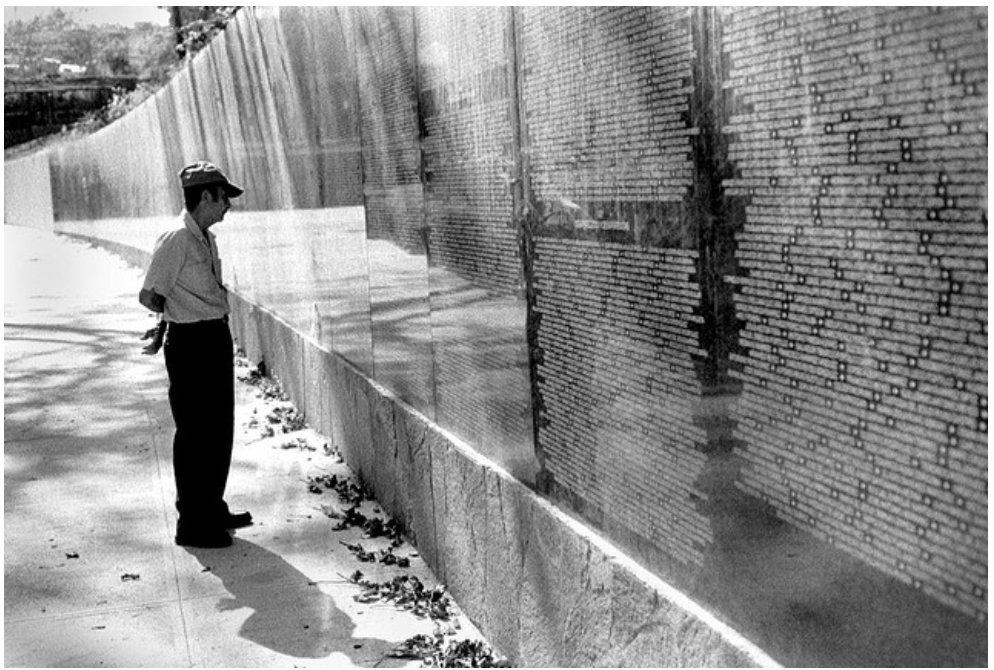Charles Montgomery is an internationally recognised writer and urbanist. He is the author of Happy City, a nonfiction that addresses the urgent need of our generation to redesign the cities in which we live.
Montgomery uses a mixture of psychology, architecture, behavioural economics and city planning in order to understand what makes a city successful or degenerative. Happy City is a unique analysis of the links between urban design and happiness. The book argues that simple design implementations, such as traffic-free zones, green spaces and public transport, can be formidable solutions to the environmental and social problems of our time.

The book begins with the example of Bogota, Colombia. Once a city famed for violence, pollution and social distrust, it has recently been transformed into a sustainable and socially vibrant destination. Montgomery asks the pertinent question as to how this came about.
Speaking to Bogota’s ex-mayor, Enrique Peñalosa, they ask why it is that
“The most dynamic economies of the twentieth century produced the most miserable cities of all.“
Subsequently, Montgomery founded Happy City, an urban planning consultancy that uses the science of happiness to create better communities. Montgomery has since become a leader in research, experiments and interventions for wellbeing in cities. He is a member of the United Nations Sustainable Solutions Networks sub-council for Happy Cities.
Charles Montgomery was awarded, on behalf of the Canadian Meteorological and Oceanographic Society, a Citation of Merit for his outstanding contribution towards public awareness of climate change science in 2007.
Happy City was shortlisted for the 2014 Hilary Weston Writers’ Trust Prize for Nonfiction. Montgomery’s writing has also won 4 Western Canada Magazine Awards and a 2004 silver National Magazine award.
Recently, we were able to speak to Charles about his book, his ideas, and how he is shaping his future. Here’s what he had to say:










